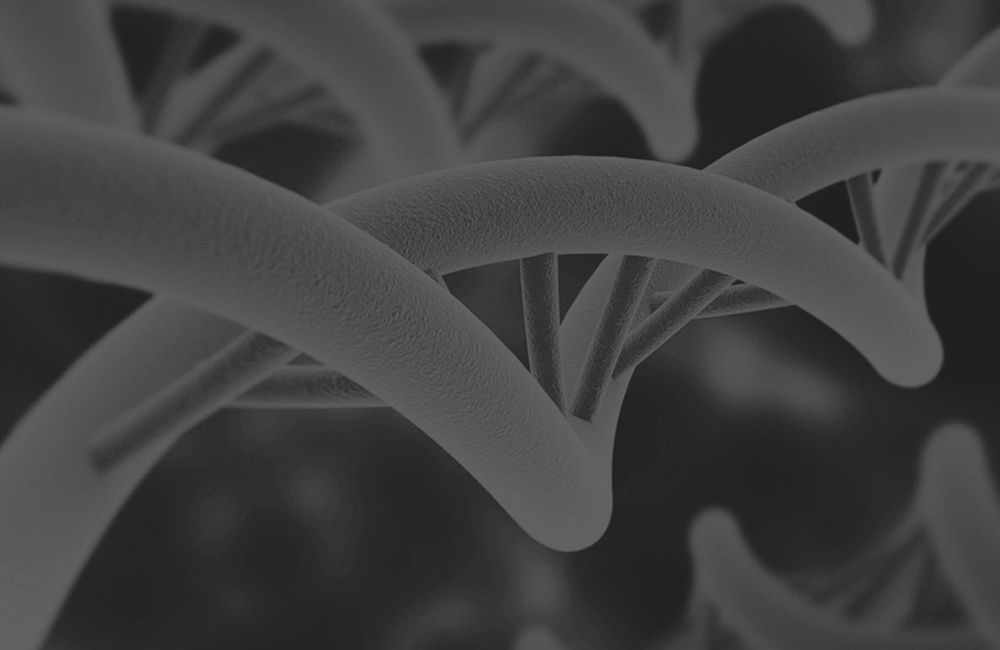

news
Editing the Human Germline? Two IGI Articles in The CRISPR Journal Ethics Issue
This week, The CRISPR Journal published a special issue on The Ethics of Human Genome Editing, featuring two “Perspectives” articles written by IGI members. Ross Wilson and Dana Carroll discuss ways to reduce the cost of genome-editing therapies—a major barrier to access. Jodi Halpern and other IGI members and staff discuss risks associated with editing the human germline, and suggest a way to safeguard human rights. Addressing ethical concerns is a core part of IGI’s work. We hope you will check out these pieces and the other thoughtful perspectives shared in this special issue!
The Daunting Economics of Therapeutic Genome Editing
Ross Wilson and Dana Carroll
There is no shortage of enthusiasm for the clinical potential of CRISPR-based genome editing: many life-changing cures appear to be just around the corner. However, as mature genetic therapies reach the market, it seems that million-dollar price tags are the new normal. Several factors contribute to the extreme pricing of next-generation medicines, including the need to recoup development costs, the undeniable value of these powerful therapies, and the inherent technical challenges of manufacture and delivery. CRISPR technology has been hailed as a great leveler and a democratizing force in biomedicine. But for this principle to hold true in clinical contexts, therapeutic genome editing must avoid several pitfalls that could substantially limit access to its transformative potential, especially in the developing world.
Societal and Ethical Impacts of Germline Genome Editing: How Can We Secure Human Rights?
Jodi Halpern, Sharon O’Hara, Kevin Doxzen, Lea Witkowsky, and Aleksa Owen
Genome editing has opened up the possibility of heritable alteration of the human germline. The potential of this powerful tool has spurred a call for establishing robust regulatory frameworks to outline permissible uses of genome editing and to map a rational and ethical course. In response, major national scientific bodies and international organizations have convened and released comprehensive reports outlining recommendations for ethical regulatory frameworks. Significantly, these include an emphasis on public participation and the development of principles to guide future applications of genome editing. While essential, public input and principles are not sufficient to ensure ethical uses of this technology. We propose an approach that relies not only on agreed-upon principles and a democratic process but requires a Human Rights Impact Assessment to evaluate the potential burdens that such biomedical interventions may place on human rights.


